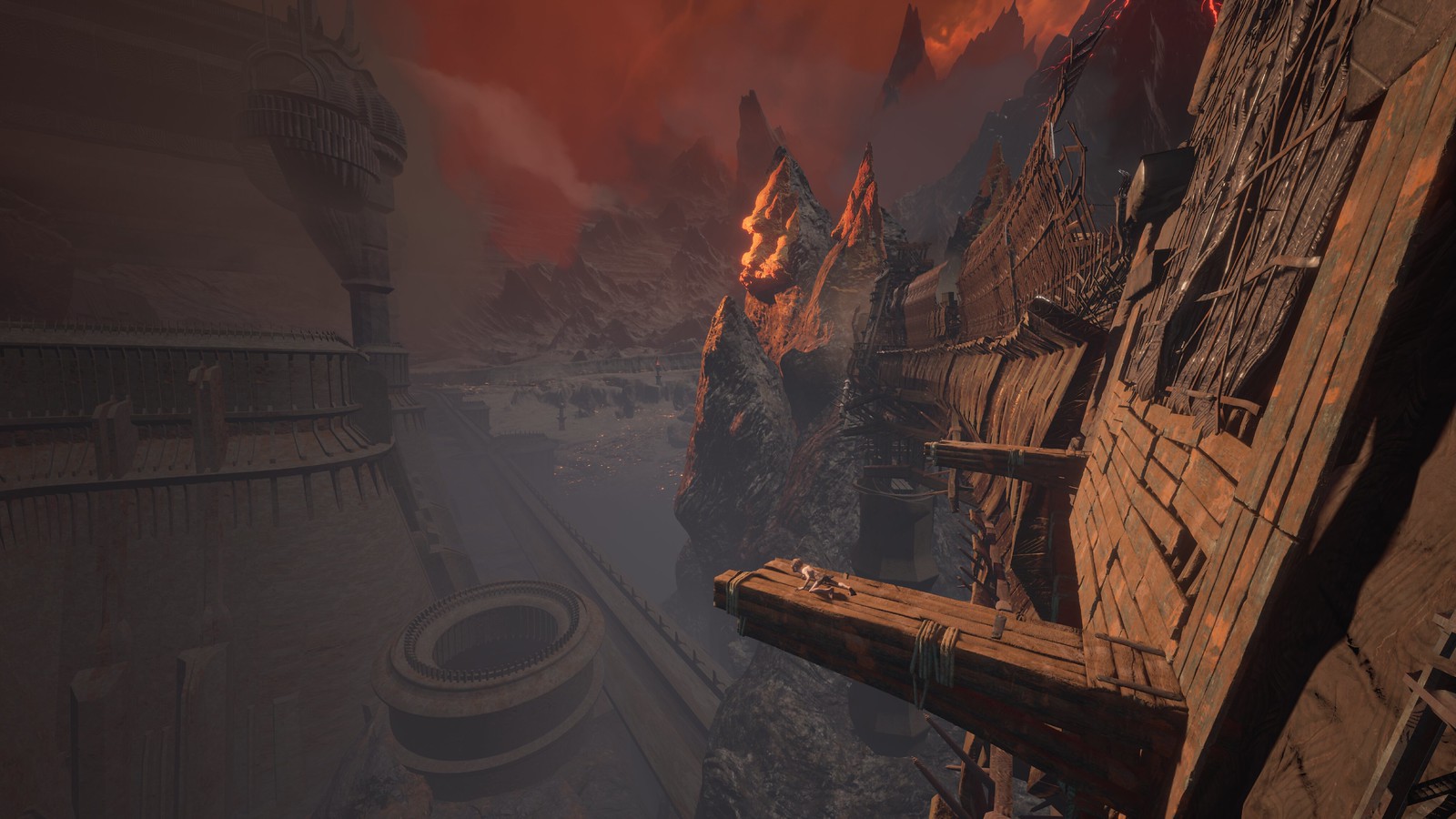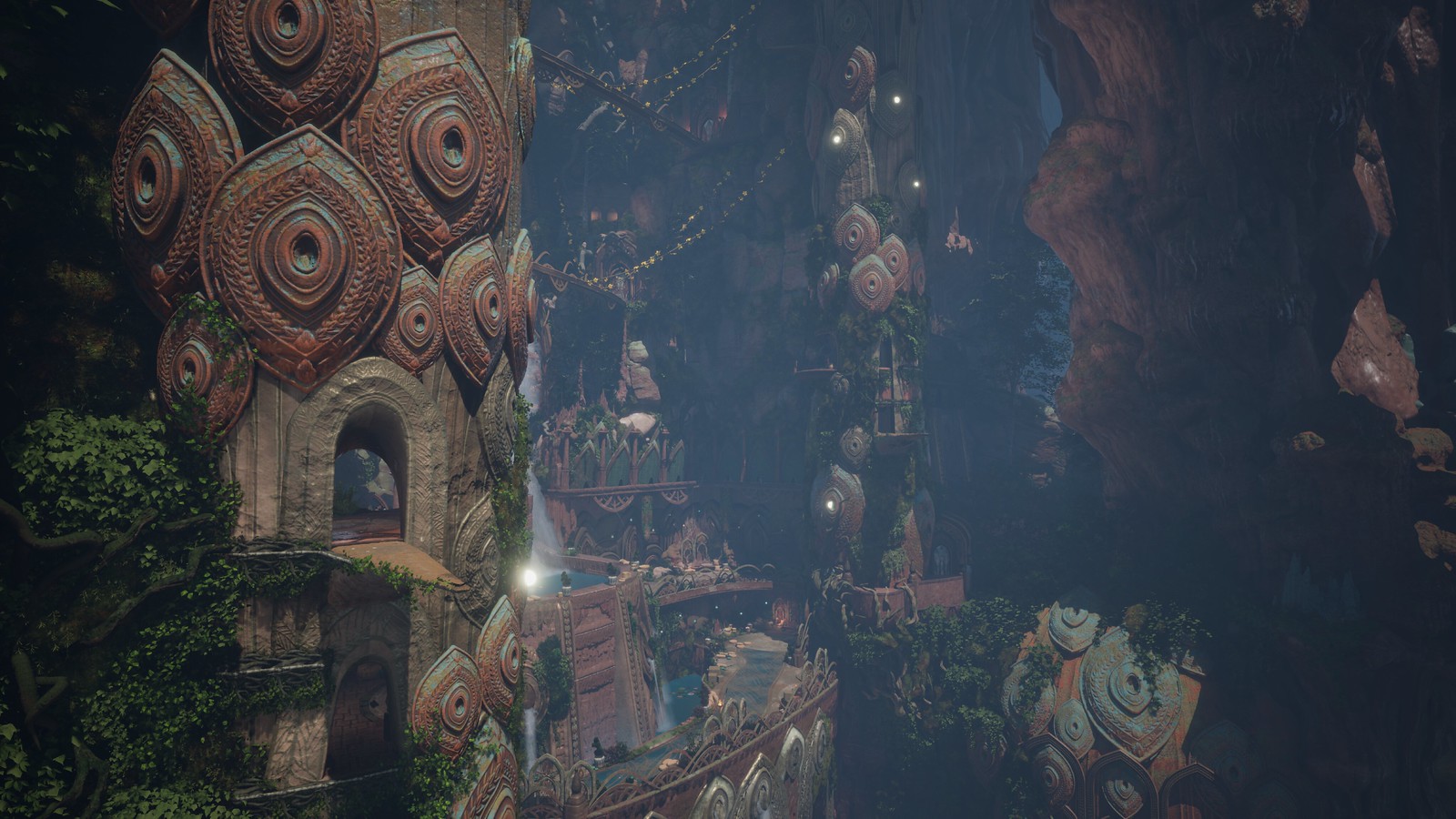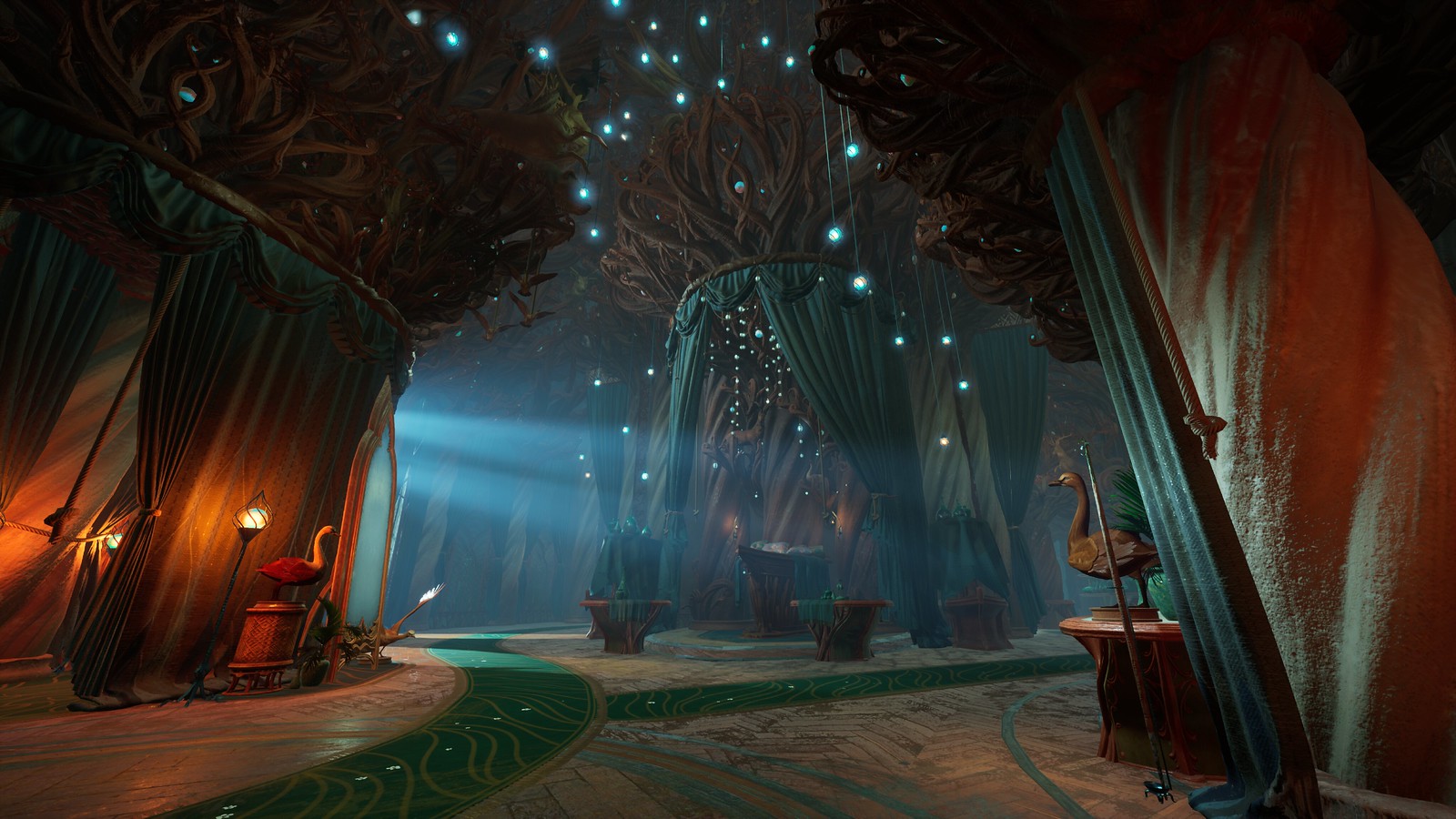Recreating Tolkien’s world for The Lord of the Rings: Gollum, out May 25

“Why didn’t the Eagles just take the One Ring and drop it into Mount Doom?” Well, as developers working on a “Lord of the Rings” game, let me tell you exactly why: because it gave us the opportunity to explore and immerse ourselves in a rich and complex universe!
In creating The Lord of the Rings: Gollum our motto has been to honor the way J. R. R. Tolkien looked at the richness of the world he had created, using his vision as a guidepost for our visual interpretation of his world.
Tolkien always wanted other artists to bring his writings to life and continue the creation of his great English myth. Of course, he didn’t have video games in mind back then. But his passion for meticulous detail, the history, languages, and names that he used to populate Middle-earth has always inspired our industry. Whether we realize it or not, all game creators owe a lot to Tolkien’s writings.
Following Gollum’s journey, we had the opportunity to explore parts of the world that we had never seen in such detail before. We started with everything we could find in the lore. Then we filled in the gaps with our own ideas and knowledge about the cultures and peoples who lived in these places.
For example, for the mighty fortress of Barad-dûr, we wanted to emphasize the huge scale and the stark contrast to our small hero. We imagined that the fortress was constantly expanding and changing. The builders could not keep up with the speed and size of their ever-growing walls and towers. Everything around the perfectly shaped main tower became increasingly chaotic.
One example is this service bridge that crosses the tower’s enormous moat, and that the builders probably meant to be straight:

While Mordor is an iconic and recognizable place with its dark volcanic rocks and reddish lights, designing Thranduil’s palace in Mirkwood was more challenging.

The contrast is intentional. While Mordor is spiky, Thranduil’s halls feature round shapes. While Barad-dûr tries to dominate and transform its environment, the Elvish buildings preserve and respect the shape of the mountain. It’s a harmonious interplay between architecture and nature. Welcoming instead of threatening. A place that repels Gollum but attracts Sméagol. Water, his native element, is everywhere and comes alive in different forms.
King Thranduil’s chambers were another fascinating place to create. The King likes to ride out at night and hunt under the stars. His rooms are decorated like a dreamy night forest, more symbolic than functional. The King’s bed is like a ceremonial boat on a river, where he only occasionally boards to have dreams and visions.

Working on this game has been both a great honor and a big responsibility. We felt a lot of excitement and nervousness when we started this adventure together. How would it all turn out? Would it feel right in the end? And we feel a similar excitement and nervousness now that we are about to share it with all of you.
We hope that our boundless passion for the world of Middle-earth shines through in all these little details, and hopefully, you will feel the same way once you have started your journey.
See you soon, in the world of Middle-earth!




